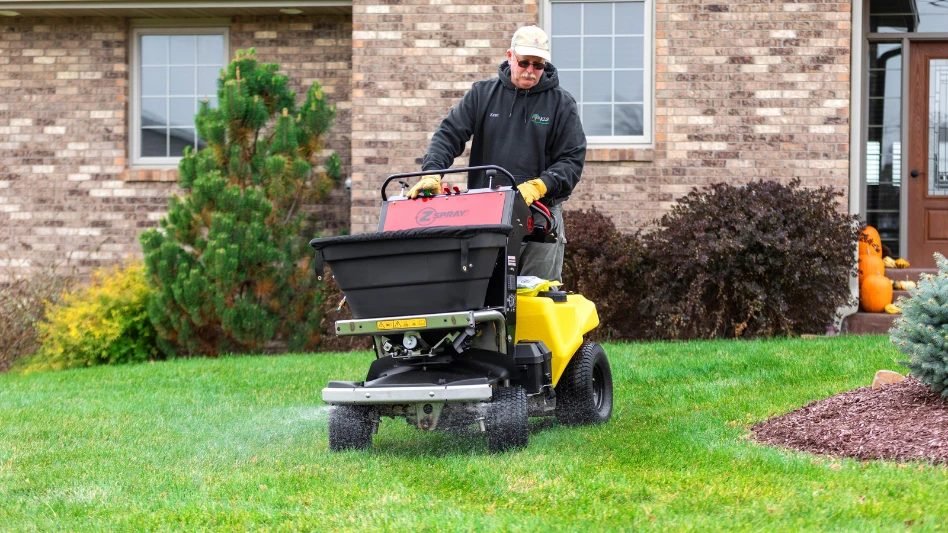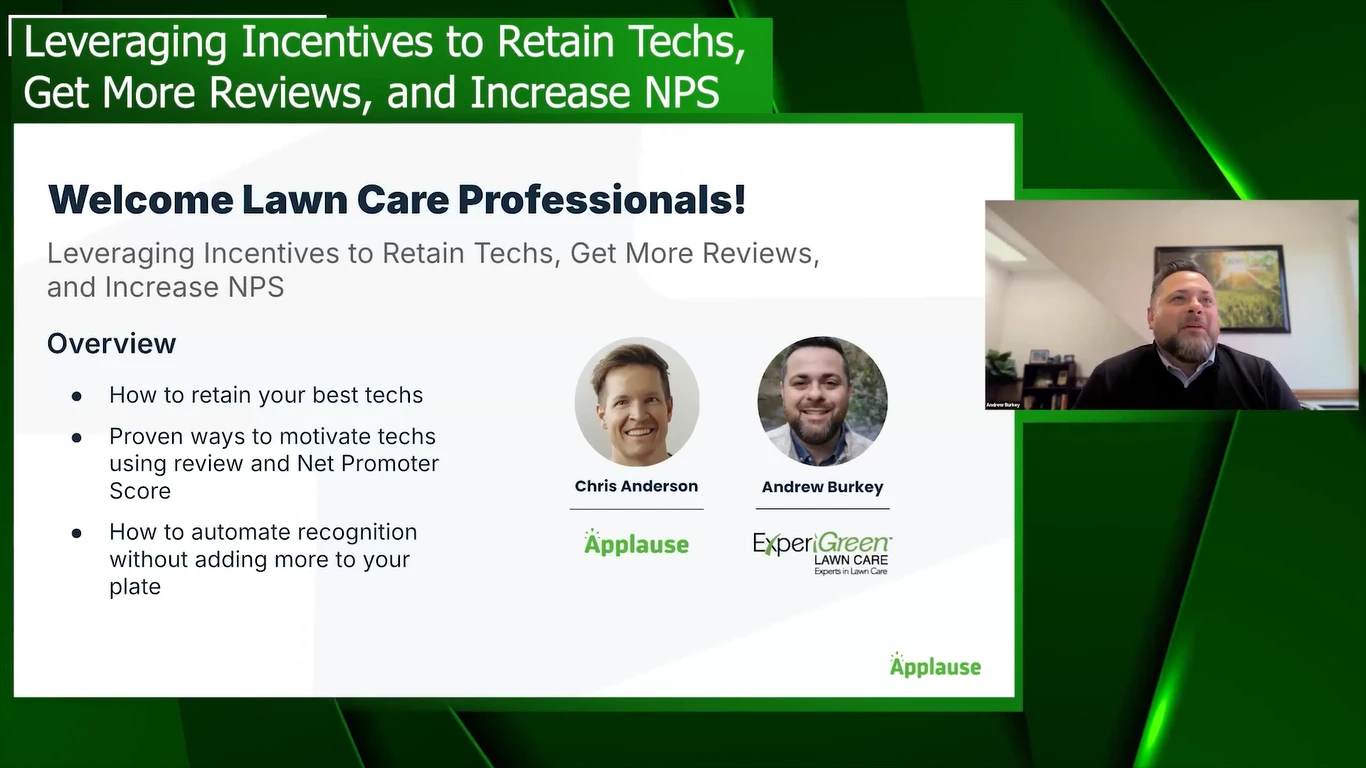
When Doug Delano started Level Green Landscaping in 2002 at age 44, he and co-founder Bill Hardy planned to build the business into a “retirement vehicle” that they could sell when they turned 65.
At first, Delano thought he’d just hire a couple of guys to help him with gardening projects around Capitol Hill, where he lives. But, he says, “I realized as I got older that I wouldn’t be able to do that type of work.”
Instead, he had to build a team of employees who could consistently deliver service to his standards as the company grew. Now with more than 200 employees, Delano and Hardy are committed to providing for them long-term by growing a stable business.
Now that he’s nearing 60, Delano says, “Maybe I’m not going to retire after all, because we enjoy what we do.”
Although he’s not thinking about leaving anytime soon, Delano is focused on developing the next generation of leaders at the Maryland-based commercial landscape management firm.
“We could do things for the short-term, make the company really profitable and sell it for a decent amount of money,” he says, “but that’s not what it’s about. It’s not just about making money. You’re trying to make people’s lives better – not just the people you’re servicing, but also the people that work for you.”
Over time, they’ve developed processes to recruit, train and retain the best talent at Level Green.
Commercial core.
When Delano got married and moved to Washington, D.C., in the mid-1980s, he had “absolutely no experience in the landscape industry.” A former high school math teacher with a philosophy degree, Delano had grown up on a farm, where he inherited a love of gardening from his parents.
At age 28, Delano decided to trade in his teaching role for a landscaping job at Ruppert Landscape in D.C. After only four months as a field laborer, Delano was promoted to assistant supervisor, then supervisor, and then management within two years.
Delano was at Ruppert for 12 years before the company was acquired by TruGreen. He stayed at TruGreen for a couple of years before he left. Eventually, he decided to start Level Green with Hardy – who initially hired Delano at Ruppert years earlier and left TruGreen around the same time.
For the first few years, to honor Hardy’s non-compete agreement, Level Green did residential landscape installations around Capitol Hill. They started doing a few commercial installations before switching entirely to that market.
“We found that residential installations ate up a lot of resources that we could use elsewhere – and we really needed those resources to support commercial customers,” Delano says. “So we decided to get out of (residential work) in 2010.”
Although Level Green still does some commercial installations for existing customers (accounting for 10 to 15 percent of overall sales), the company is almost entirely focused on commercial landscape management.
Level Green maintains commercial properties like shopping centers, office buildings, condos, HOAs and government buildings through core services like mulching, weeding, fertilization and leaf removal. Upsells include enhancements, redesigns and snow removal; snow services can account for as much as 20 percent of Level Green’s revenue per year.
Fast track to growth.
For most of Level Green’s history, the only advertising was through logos on trucks parked at properties around D.C. As demand for commercial maintenance services grew, Delano had to hire quickly to keep up.
“My biggest problem is getting the right people to work for us and keeping them,” he says. “It was a problem when I started in this industry 30 years ago, and I think it will always be a problem.”
To combat the problem, Level Green has been rolling out new recruiting and training programs. The company amped up its internship program by attending more college career days to recruit interns. The company also introduced a management training program that fast-tracks recent grads into management positions. Level Green has account managers, who oversee client interactions and customer service, and operations managers, who lead and train crews.
After trainees select one of those two management tracks, they’re exposed to the responsibilities for six to 12 months, while they shadow other managers, visit job sites and observe crews to learn the job. The company has been adding one new account manager and one new operations manager each year, so Delano hopes the program will keep the talent pipeline full.
Slow churn.
By focusing on hiring the right people and training them to excel, Level Green has been reducing turnover as it grows.
“One of the primary things we hear from customers who are looking to make changes (to their landscape contractor) is that they don’t know who to call,” Delano says. “They’ve had three different customer service reps in the last year and it’s frustrating for them because they have to explain their preferences over and over again.”
Level Green began tracking its turnover-related costs in 2015. In one year, they reduced crew turnover rates by 5 percent, cutting associated company-wide replacement costs from more than $600,000 to just over $400,000 annually.
Keeping employees means keeping customers, too, as the company’s renewal rate stays above 90 percent. Those numbers are more important to Delano than the dollars. Although, as a result, revenues have been growing, too – around 30 percent annually, to about $15.7 million in 2016.
“It’s a people industry,” he says. “If you want to make more money, you have fewer people doing the work and less customer contact. We’re willing to accept a little less profitability to be competitive in customer service. With our focus on that, we’ll continue to grow in the D.C. market.”

Explore the October 2017 Issue
Check out more from this issue and find your next story to read.
Latest from Lawn & Landscape
- PERC helps debut propane direct-injection fuel system at ACT Expo 2025
- Retargeting Ads – A Secret Weapon for Growing Your Lawn Care Business
- Leading a growing company
- Project EverGreen launches Clean Air Calculator
- Rain Bird acquires smart lawn care company OtO from Toronto
- PBI-Gordon names Marvin as VP of research and development
- Mean Green rolls out Vanquish Autonomous mower
- Focal Pointe launches new podcast series





